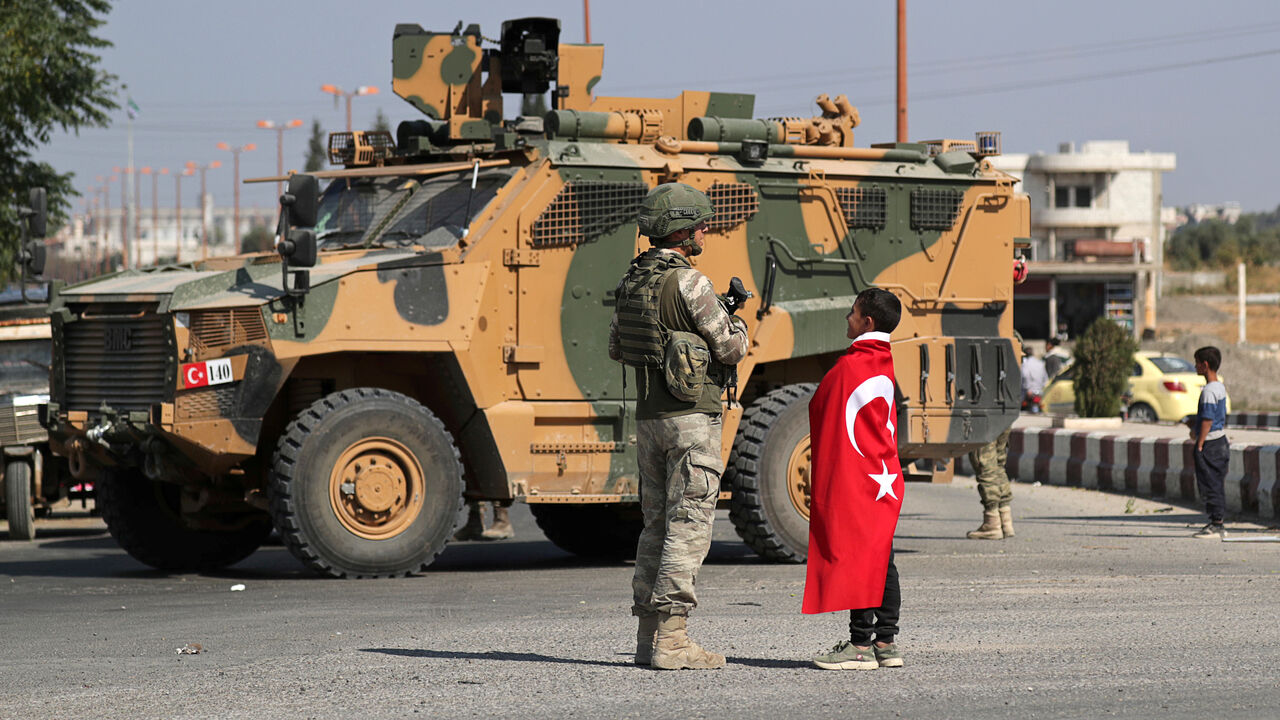
Turkey has played a crucial role throughout the Syrian revolution, influencing both the course of the war and the ongoing regional dynamics. Initially, Turkey was focused on toppling the brutal dictatorship of Bashar al-Assad, supporting revolutionary groups that flowered during the Arab Spring. However, as the conflict evolved, Turkey’s priorities shifted, especially with the rise of PKK-aligned Kurdish militias in northern Syria, which Ankara views as an existential threat.
One of Turkey’s biggest concerns has been PKK affiliates, particularly the People’s Protection Units (YPG), which are the Syrian branch of the PKK (the Kurdistan Workers’ Party), a designated terrorist organization. According to an article in The Rest Journal, “the rise of the PYD/YPG and ISIS” drastically changed Turkey’s approach, leading it to abandon its earlier goal of ousting Assad and instead prioritize securing its borders and preventing the establishment of an autonomous terrorist state in northern Syria.
This strategic shift was marked by Turkey’s direct military interventions, such as Operations Euphrates Shield and Olive Branch, which aimed to weaken the Syrian Democratic Forces (SDF), an umbrella organization dominated by predominately Kurdish militias loyal to the PKK. These military campaigns, aimed at creating a buffer zone on the Turkish-Syrian border, marked a transition from supporting its own proxy forces in the region to direct involvement, reflecting a growing focus on national security rather than geopolitical goals in Syria.
Turkey’s relationship with Russia has been a significant factor in establishing the trajectory of the Syrian conflict, evolving from near confrontation to strategic cooperation. Although the two countries initially backed opposing sides – Russia supporting Assad and Turkey supporting the revolutionaries – their collaboration has grown since 2016 when their involvement resulted in the fall of the city of Aleppo. This shift in relations is largely attributed to Turkey’s disillusionment with US policies, particularly American support for the SDF, and a shared interest in managing the Syrian crisis.
According to the journal, “Turkey’s heightened security dangers and the unsuccessful coup attempt… prompted the country to seek stronger ties with Russia.” This partnership has been crucial in shaping the current power dynamics in Syria. Turkey has joined Russia and Iran in the Astana peace talks, where the three nations coordinate their efforts to manage the conflict despite differing agendas.
This year, Erdogan spent months attempting to reconcile with Assad and normalize relations between Ankara and Damascus. However, despite efforts by Russia to facilitate the rapprochement, it seems the efforts have faltered and stalled.
The Turkish military has ramped up military preparations and activities in northern Syria, amidst ongoing escalations by Russia and Assad in attacks against northwestern Syria’s Idlib region. The increase in activity along the borders has led many to think Turkey may be planning to implement a third major ground offensive along the border, likely bolstered by Turkish-backed elements of the Syrian National Army (SNA), a confederacy of revolutionary factions in Turkish-controlled areas of northern Syria.
Speculation on the future, it is expected that Ankara will continue playing a decisive role in northern Syria. The establishment of a long-term buffer zone preventing a PKK-dominated Kurdish statelet remains a central objective. However, the evolving geopolitical landscape, including Turkey’s delicate balancing act between the US and Russia, will influence its future moves.
Actions, such as hosting refugees and managing border security, greatly impact regional stability, especially in Turkish relations with Europe and the Arab world. Turkey’s role in Syria is likely to remain significant, but its future influence will depend on how well it can navigate its relationships with global powers while maintaining its own national interests.








